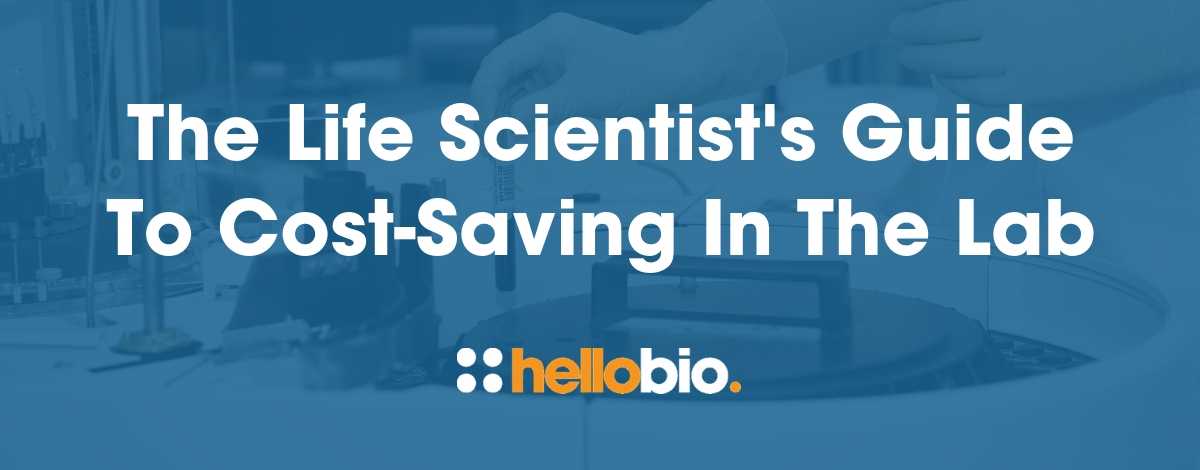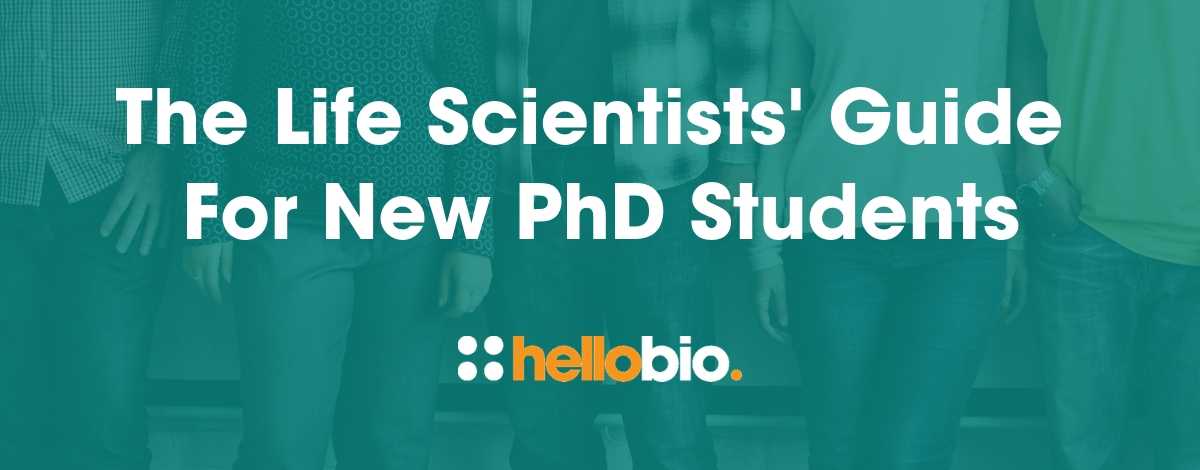Interviews with Scientists: Martyn Webb
Next in our Interviews with Scientists series, meet Martyn Webb. Martyn is a PhD student at the University of East Anglia, whose research focuses on the discovery of potential biomarkers, particularly within extracellular vesicles. Within his work, Martyn is interested in both the initial discovery phase of biomarkers and the development of a workflow which is usable in a clinical setting.
Prior to his PhD, Martyn completed a MBioSci (Master of Biomedical Science) at the University of Southampton. In this conversation, we found out more about Martyn’s important work in prostate cancer diagnostics.
Thank you so much for speaking to us, Martyn! Firstly tell us a bit more about your PhD...
My PhD is in prostate cancer diagnostics. I am working on developing a clinically implementable urine test for prostate cancer. I work as part of a multi-disciplinary team including wet scientists, like myself, bioinformaticians and medics. Prostate cancer is the most prevalent cancer in men in the UK, and was recently reported to kill more people than breast cancer. However, current diagnosis methods, such as the PSA test, are prone to overdiagnosis and result in overtreatment of clinically indolent disease. The test we are developing could play a role in a modified clinical pathway to prevent this overtreatment and improve the quality of life of men.
Did you always want to be a scientist when you were younger, and why?
I’ve always been interested in science in one way or another, although it wasn’t until A-Levels I settled on life sciences. My father worked as an electronic engineer and has always let me help with projects. I think this is probably what sparked my interest in understanding how the world worked.
What did you enjoy most about your PhD?
A PhD is such a broad experience, it’s difficult to pick one point that has been the most enjoyable. Saying that, I have really enjoyed getting the opportunity to talk to a range of people about their research. The conversations are always so varied and interesting.
What do you think are the biggest barriers currently facing life scientists and their work?
There are a few barriers, the uncertainty of Brexit makes career planning very difficult and would probably have to be the major challenge at the moment. On top of that, a lot of research papers are kept behind paywalls, which can make keeping up to date with the latest research a challenge.
What is the biggest challenge you have personally faced, how did you overcome it, and what did you learn?
I have struggled with self-confidence issues for a long time and have found the idea of presenting my work in front of an audience extremely daunting. I overcame this fear through forcing myself out of my comfort zone and volunteering to do extra presentations and talks. Communicating my research is now one of my favourite things to do, when at the start of my PhD the thought of talking in a lab meeting would make me feel ill.
What advice would you give to someone just starting out on their PhD?
Three years is not a long time, but it’s long enough to forget what you’ve been doing. Write everything down in a lab book, treat your future self as a stranger because in a year’s time you will not know what your shorthand notes mean.
What's the most important lesson you have learned during your PhD so far?
The importance of collaboration. I am very lucky to be in a position where collaboration is not a problem. My project is only possible due to the collaboration of external entities, such as the local hospital, as well as collaborators within the University.
What does a typical day in the lab look like for you?
A typical day in the lab is a busy one! If we are expecting urine samples I will have to prepare to receive them, this involves cleaning the lab area extensively to prevent contamination and degradation of the sample. I then extract the RNA using our novel method, and prepare it for analysis. We analyse our samples using a number of methods, first we check the quality of the sample using a bioanalyzer. Following amplification, we will check for the presence of prostate specific markers, such as KLK2, using PCR. Then, our main analysis is carried out using a NanoString nCounter, although currently this is done off-site.
Outside the lab, what do you enjoy doing most?
Outside of the lab, I have a few hobbies. I spend most Saturdays over the colder parts of the year playing rugby for Norwich Union. In the summer I try to run to keep fit, although I don’t necessarily enjoy this.
If you weren’t a scientist, what do you think you’d be doing?
I think if I weren’t a scientist, I’d like to be a teacher.
What is it about your field of research or your current work that gets you most excited?
I think that there is a lot of potential in new diagnosis methods, whether that’s a urine test for prostate cancer or bedside sequencing for bacterial infections. Improving diagnosis of conditions is the first step to improving treatment, and I think there’s a lot to come in this field in the next few decades.
Which scientists working today do you most admire, and why?
There isn’t an individual scientist who I admire the most, however I would say that I admire a type of scientist. One who is willing to engage people in their research and who has time to mentor and develop the next generation of scientists.
What’s your favourite science quote?
“Everything is theoretically impossible, until it is done.” – Robert A. Heinlein. Although from a sci-fi book, I think it captures the spirit of the scientific frontier.
What do you think is the greatest scientific discovery of all time?
There are so many to choose from, but I have to go with the theory of evolution by natural selection. That work has provided a key stone for discovery and understanding within biology for the past 150 years.
Thank you so much for speaking to us, Martyn!
Find out more about Martyn and his work: https://people.uea.ac.uk/en/persons/m-webb
Follow Martyn on Twitter: @martynwebb93
_________________________________________________
If you enjoyed reading this interview, why not check out the other resources available on our blog. One of the things we’re most passionate about is supporting early career life scientists and PhD students. We know how tough it is - so we hope you find these helpful!
Advice & guidance for life scientists
Click below to view our of essential guides and articles includes to support life scientists, PhD students & early career life scientists:
Travel grants
Every month we give away $500 to PhD students and Postdocs so that they can attend a scientific conference - click below to find out more:
Wellbeing for scientists
Click below for our resources to help improve your wellbeing:
Technical resources
Try our Molarity Calculator: a quick and easy way to calculate the mass, volume or concentration required for making a solution.
Try our Dilution Calculator: an easy way to work out how to dilute stock solutions of known concentrations
Click below to see our Mini-reviews, Pathway Posters & Product Guides: a set of technical resources to answer your questions on a wide range of topics and to help you get started quickly.
And - when you get to the stage of planning your experiments, don't forget that we offer a range of agonists, antagonists, inhibitors, activators, antibodies and fluorescent tools at up to half the price of other suppliers - click below to see how we compare with other suppliers:
Advice from your fellow scientists
Click below to read advice from other scientists:






















